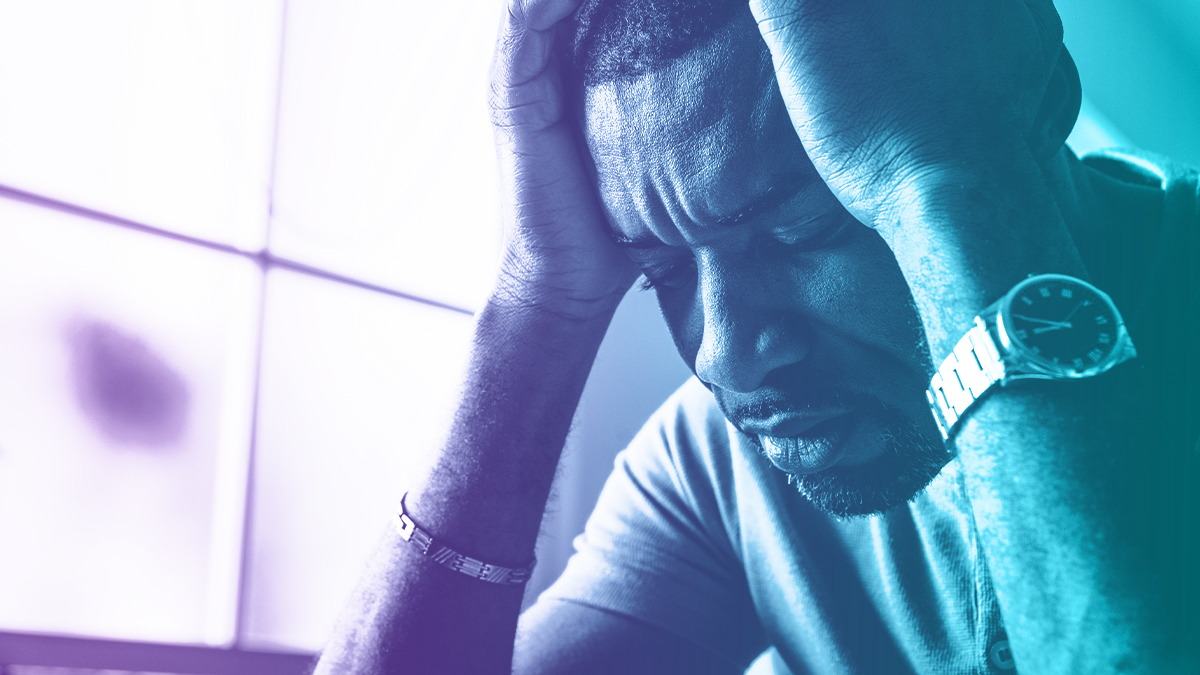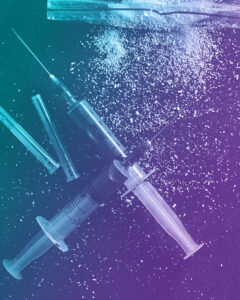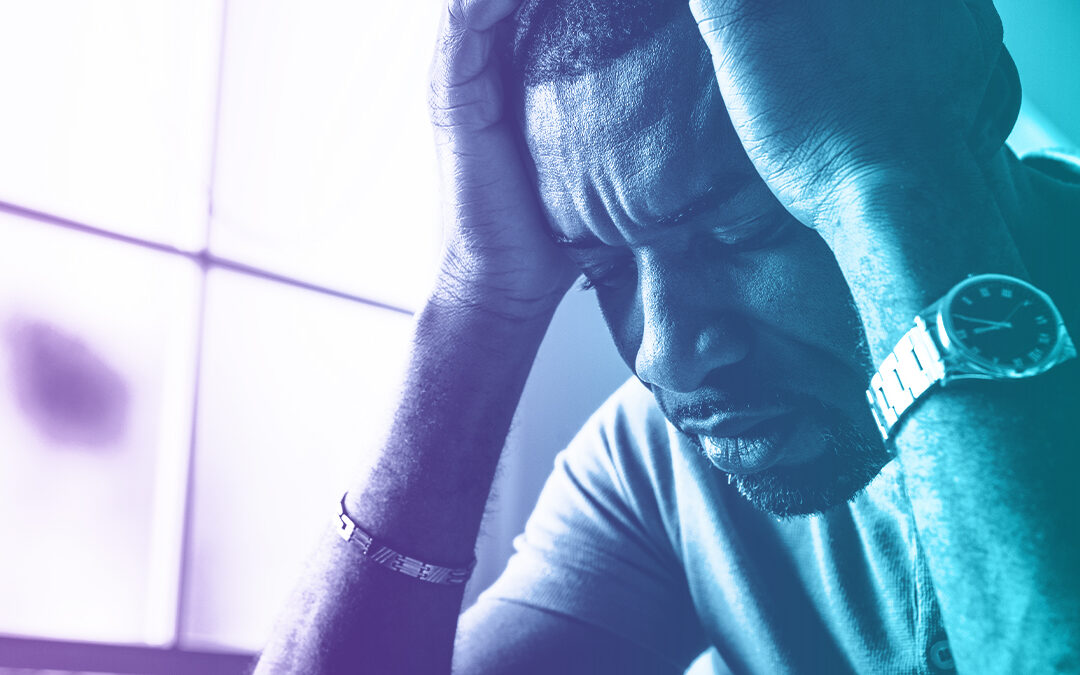Heroin Addiction Relapse
Quitting an unhealthy habit can be one of the hardest things to accomplish. How many times have we tried to eat more vegetables but ended up ordering a pizza by the end of the week? What about that week you tried to cut back to one cup of coffee instead of four and instantly regretted the massive headache? Quitting something that has been in our everyday lives is truly difficult. It is this same reason why relapse occurs in substance use disorder recovery. Opioids like heroin become not only an emotional coping device, but also a need within the brain and body. Heroin addiction relapse is common, but that does not mean recovery is not possible.

In 2020, 116 overdose deaths were caused by just heroin in Tampa. At Clean Recovery Centers, we know these overdoses can be prevented and are working within the Suncoast communities to connect residents with resources. One of the most common causes of a heroin overdose is relapse. Today, we are discussing the reasons for heroin relapses and how you can help yourself or someone you love.
Reasons Heroin Addiction and Relapses Are High
Understanding the reasons for relapse means understanding what heroin is. A strong depressant, heroin binds to the opioid receptors in the brain, producing feelings of euphoria and relaxation. However, as use continues over time, dependence can occur in the brain. The receptors become accustomed to having heroin in the body, and more is needed to keep achieving the same effects. At this time, signs of heroin addiction will be noticeable.
A relapse occurs when someone has stopped using heroin completely and then uses it again. The reason why opioids such as heroin have a high relapse rate is because of the chemical changes it causes in the brain. Heroin side effects such as pleasure and pain relief keep the person wanting to use it. This is where heroin becomes a coping mechanism, changing feelings of stress or difficulty to relaxation. When a person enters treatment, the goal is to develop healthy coping skills to prevent heroin use. However, stressful situations can become overwhelming, and returning to heroin use feels like the best option in the moment, sparking a relapse.
The Explanation of Heroin Relapse Rates
Heroin relapse rates are not always accurate. Relapse can be embarrassing or shameful for some to admit, and many will not report having had one. According to the National Institute on Drug Abuse, 40-60% of those treated for a substance use disorder will relapse. Opioid relapses are one of the most common. A study from 2010 indicated that of 109 patients who received opioid use disorder treatment, 99 relapsed. Of those, 64 reported relapsing after the first week of being out of treatment. This shows that being able to provide resources and aftercare when treatment is finished can be crucial in preventing heroin relapse.
Signs of Heroin Relapse
When it comes to heroin relapse, one of the most common reasons is experiencing a stressful event or multiple events. When healthy coping skills have not been developed or are not providing relief, the person may consider going back to heroin use. If ever someone in recovery mentions thinking about using or returning to use, getting support is the number one defense. While every decision is ultimately up to them, providing support is the best way to help prevent a relapse.
Why Do People Relapse?
There are four stages of heroin addiction, with the last stage describing recovery. Being in recovery does not mean that the person is “in the clear.” Even with strong support systems, a relapse can happen to anyone at any time. As with any substance use disorder, the thought of use can occur, especially in times of emotional, physical, or mental distress. In early recovery, it is important to change people and places where heroin use was common to help prevent relapse. By still being friends and spending time with fellow heroin users in active dependence, a relapse will be inevitable.
Warning Signs When Heroin Users Relapse
A relapse can mean the person has used heroin one time or many. The risk associated with relapse is a possible overdose. A heroin overdose occurs when the body becomes overwhelmed with the amount taken. Those who have already detoxed and been living heroin-free are at a higher risk for relapse because they tend to return to the amount they used before. The brain is no longer used to this amount and an overdose is highly likely.
Those who have relapsed may show warning signs of use. They may be more secretive and try to hide their return to use. Mood swings and increased anxiety and depression are common with heroin use and especially relapse. The key to remember is relapse does not mean the person is no longer in recovery or that they failed. Communicating and providing support and help can provide the person with the tools they need to get back on track.
For some, a relapse does not always mean using heroin again. Sometimes people in heroin use disorder recovery may start drinking alcohol or using other substances instead of heroin. This can be considered a relapse and should be a warning sign of possible heroin use. Being able to identify heroin and other substances when the person is not being completely honest can help confirm a relapse.
Heroin Withdrawal and Relapse Prevention
Heroin withdrawal symptoms are one of the main reasons people keep using it. Withdrawal symptoms cause pain and discomfort. By continuing use, these symptoms go away. Detoxing in a treatment facility can help make these symptoms manageable and pave the way to heroin use disorder recovery.
Relapse prevention is ultimately up to the person in recovery. Support groups, therapy, and treatment facilities are available to provide help when the person in recovery feels the need to relapse. By having people to talk to and even a place to go to not be alone are important in relapse prevention.
Treatment For Heroin Addiction
 It is okay to feel guilty after a heroin relapse, that makes us human. There is no shame in relapse and for many; it is a part of their recovery story. It is important to find a support system, whether in a group or through family and loved ones. Finding a treatment facility that fits your needs and your values is important in order to find recovery from heroin addiction.
It is okay to feel guilty after a heroin relapse, that makes us human. There is no shame in relapse and for many; it is a part of their recovery story. It is important to find a support system, whether in a group or through family and loved ones. Finding a treatment facility that fits your needs and your values is important in order to find recovery from heroin addiction.
At Clean Recovery Centers, we know the hardships that can come with addiction. We strive to provide individualized treatment options and create a safe and family-like atmosphere for you to heal. Our heroin addiction treatment includes a 24-hour detoxification period monitored around the clock medically and with emotional support. We offer medication-assisted treatment during this time to ensure the safety and well-being of the individual. From there, clients will go through our three-phase treatment of inpatient and outpatient programming. Being a part of the Clean Recovery Centers family doesn’t end when treatment is complete. By joining our alumni group, you will always have support, guidance, and a welcoming group of people to talk to.
If you or someone you love is living with a heroin use disorder, help is here along the Suncoast. Even if you have already gone through treatment before and relapsed, Clean Recovery Centers knows how to identify your strengths and get you on the path of recovery you deserve. Call us today at (888) 330-2532 to learn more about our program and schedule an appointment.
FAQs
Which stage of addiction is associated with relapse?
Relapse can occur at any stage of addiction, but it is most commonly seen in the recovery stage.
What is the relapse rate for heroin use disorder?
There is no set number for the heroin relapse rate, but typically 40-60% of those who have been treated for substance use disorder will experience a relapse.
What are the three most common triggers for relapse for heroin use disorder?
The three most common triggers of relapse are stressful events, returning to situations where use was common, and unresolved traumas.


